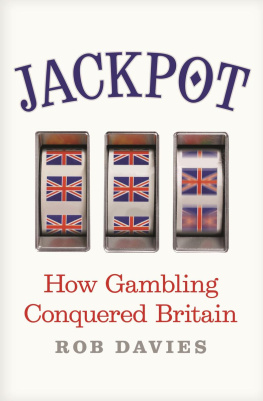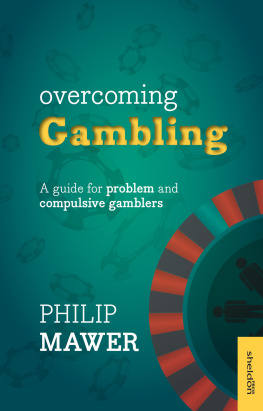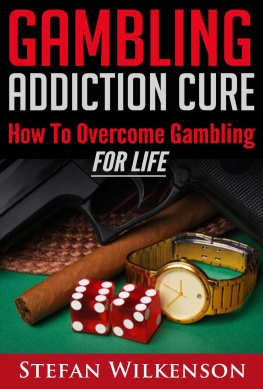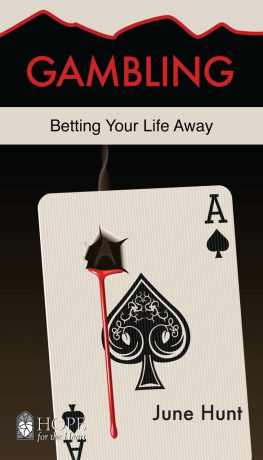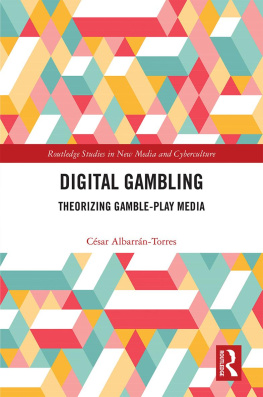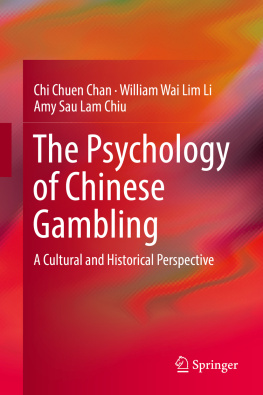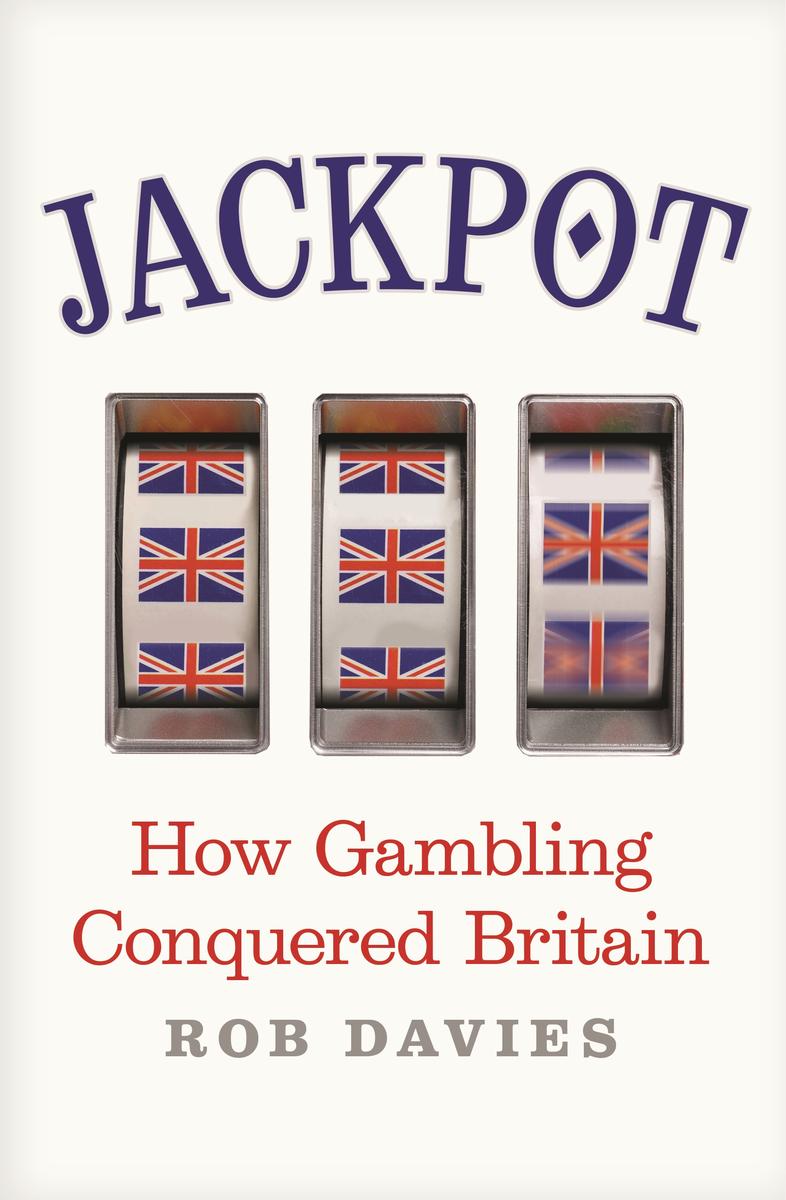Amid the grandeur of the Palace of Westminster, Lord Browne of Belmont rose to his feet and spoke the names of the dead.
It was as if the former schoolteacher was taking a macabre roll call as he reeled off, for the benefit of his colleagues in the British parliaments upper chamber, a list of young people who had taken their own lives after suffering from a gambling addiction. Browne lamented the failure of regulators, politicians and gambling companies to keep them safe.
We should be in no doubt about the devastating effects online gambling can have on peoples lives, the peer of the realm warned.
He did not know it yet, but Lord Browne could have added one more name to his tragic list.
That late-November day in 2017 was unusually warm for the season. But a day earlier, more than five thousand miles away in the more tropical climate of Hanoi, Vietnam, twenty-four-year-old Jack Ritchie had become the latest victim of an illness that few British people knew much, if anything, about, and for which there was next to no help available.
Jack was not the casualty of some freak accident, some caprice of fate that simply could not be helped. Rather, he and those who suffered in the same way were inevitable collateral damage, the wreckage left behind by a beast that had slipped its leash and run out of control. Their deaths were part and parcel of immeasurable change in the British gambling industry, a sector transformed by technological progress, lax regulation and corporate greed.
In the space of a few short years, a business rooted in the time-honoured traditions of the turf-scented racetrack and the cinematic glitz of the casino table had metamorphosed into something much larger and more pervasive. It had become a relentless automaton programmed to separate punters from their money by any means, at any cost.
Gambling companies inveigled their way into our lives, addressing us in both our living rooms and our public spaces, becoming household names in the process. They did so despite the fact that many of their products present unusually pernicious dangers, most of which have, until very recently, flown under the radar of public consciousness.
As a society, it is in our interests to think about how we got here, who benefited and suffered from these changes, and where we might go next. We must give voice to the people who have been hurt, or even lost, along the way.
Thats why I want to start with Jack.
JACKS STORY
Photographs of Jack Ritchie depict a handsome, fresh-faced young man whose smile showed up as much in his eyes as in his broad grin. Pictures, of course, can mask the truth. But in the context of a life apparently filled with promise, Jacks last hours seem to make little sense.
On the day he died, Jack had been gambling online. Hed found himself overwhelmed once more by a persistent addiction that had dogged him, on and off, since before he was of age to gamble legally. Im past the point of controlling myself and Im not coming back from this one, he wrote in a suicide note emailed to his parents back home in Sheffield, Yorkshire. Within hours Jack was gone, dead as a result of injuries sustained falling from a ninth-floor restaurant called 6 Degrees, a trendy Hanoi spot where he had enjoyed seemingly carefree nights out with the friends he had made so far from home.
Like many university-educated young Britons, Jack had been teaching English abroad while figuring out what he wanted to do next. For him, it was a chance to get on with a journey into adulthood that had, so far, been disrupted by a recurring problem.
Jack had started gambling aged seventeen. During lunch breaks at school, Jack and a group of friends would visit a bookmakers shop in the Broomhill area of Sheffield. They would feed their dinner money into the fixed-odds betting terminals (FOBTs), digital roulette machines akin to the one-armed bandits of Las Vegas high-tech souped-up versions of the fruit machines common in British pubs. To the boys, it seemed like harmless fun.
In time, FOBTs (pronounced fob-tees) would become a byword for addiction, for the worst excesses of the gambling industry. But back then, few people outside the world of gambling had heard of them. They had attracted some public concern here and there, notably among some of my predecessors at the Guardian. One of the first journalists to write about them was Simon Bowers, an excellent and thoroughgoing investigator with a knack for prescience. As far back as 2005, Simons reporting into it with his characteristic tenacity.
But despite all their hard work, it was a long time before FOBTs would become mainstream headline news, at least to the extent that most ordinary people had heard of the machines. There was little reason for Jack, or those who knew him, to think that his life was in danger.
As is the case with most young people, Jacks parents did not and could not know everything about his life. In the years since his death, Charles and Liz Ritchie have pieced together the details of what happened to their son by speaking to his friends and meticulously tracing his bank details.
Jack had enjoyed a big win almost as soon as he started gambling, an experience commonly cited among those who develop an addiction.
Pretty much the first time they went in, he was the one who won 1,000 in two successive spins, Liz told me. He had to go back after school and collect the cash.
Winning that much money would be a momentous day in the life of any seventeen-year-old. But those visits to the bookmaker had started as something else, a social thing, a bit of harmless fun, filling the odd bit of spare time in a life that was far from empty. Jack was known as gregarious, confident and likeable. A brighter-than-average teenager but with many of the same interests as any other young person approaching adulthood. He liked football and supported his local team, Sheffield United FC. He listened to The Strokes, world music and drum and bass. He also played guitar and sang not all that well in a band. The left-wing political movement that coalesced around Labour leader Jeremy Corbyn appealed to his sense of social justice. He did well at school and was popular, a focal point of his social group.
But while much of Jacks life was developing as his parents might have hoped, that first big win set him on a different track. Those lunchtime visits to the bookies flipped a switch, activating something in his mind that he would never be able to shut down. As most of his friendship group lost interest in the FOBT visits and drifted away, Jack carried on. He would visit the bookies on his own, sometimes showing up late for social occasions as a result. Friends knew that he gambled and noticed his absence sometimes but didnt consider what he was doing to be all that risky. Some even thought he had a talent for it.
Jacks parents became aware that he was gambling beyond his means when he confessed to having lost 5,000 given to him by his grandmother. Liz and Charles are both highly qualified professionals who earned enough to absorb their sons losses. They felt that, as long as he owned up to his teenage mistake and confronted it head-on, the family could put it behind them.
Charles took his contrite son around the bookmakers of Sheffield, signing him up to self-exclusion schemes, whereby gamblers who want to close off the route to temptation can voluntarily add their name to a list of people barred from shops.

